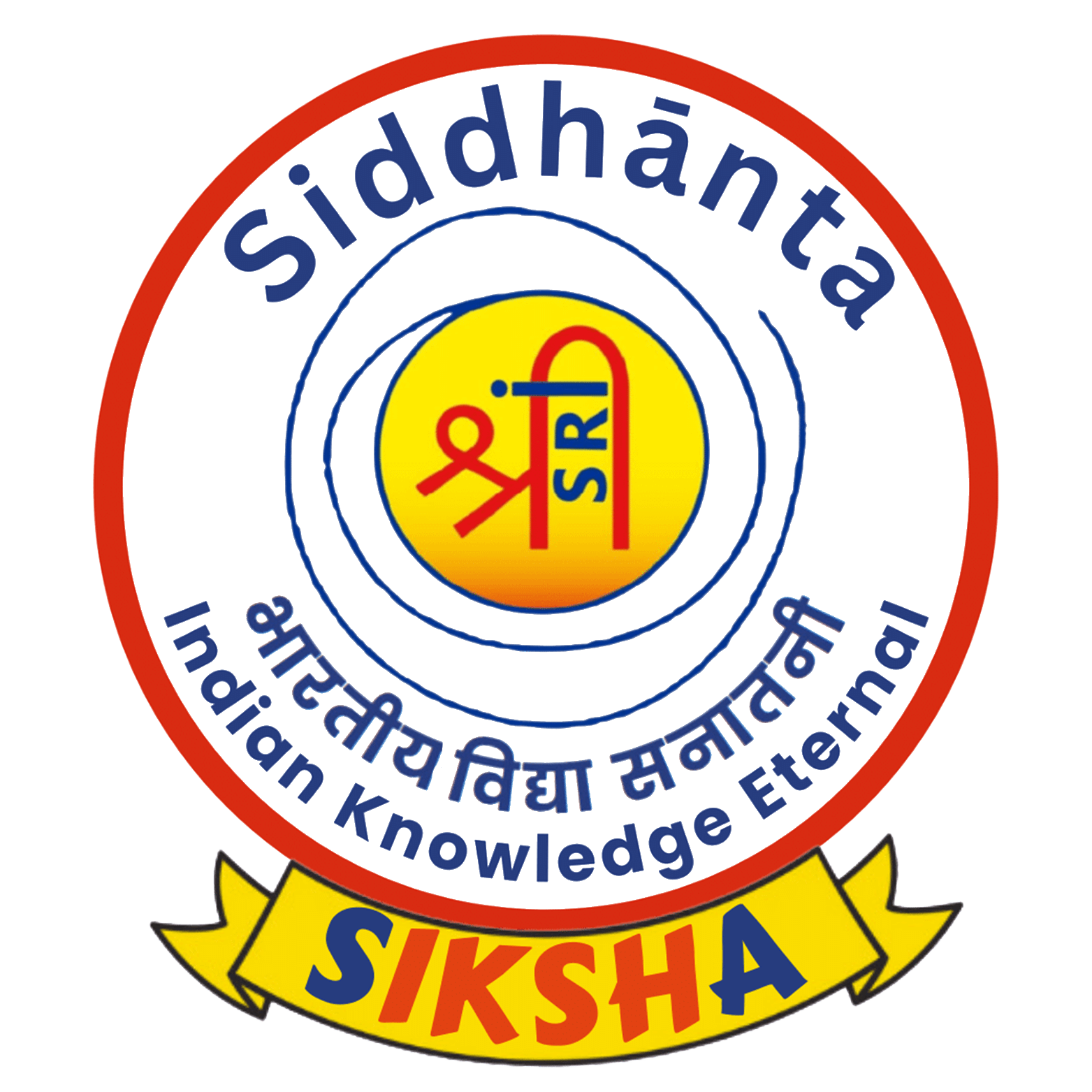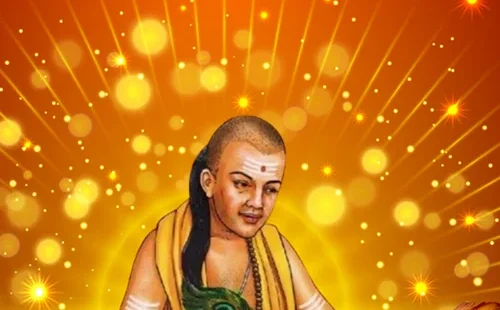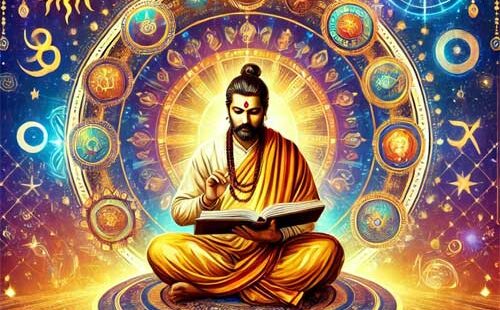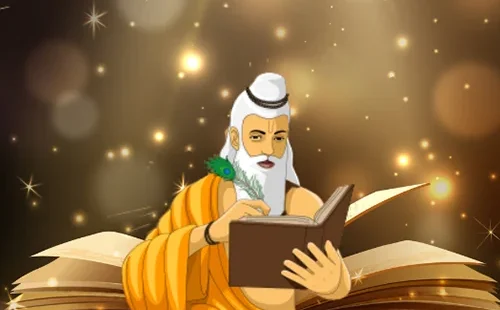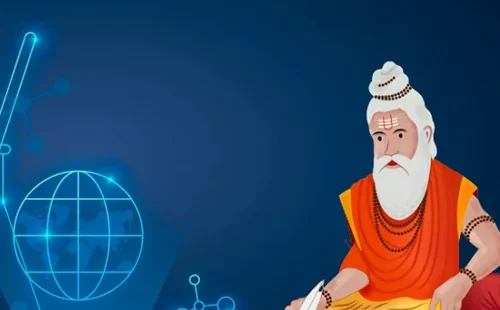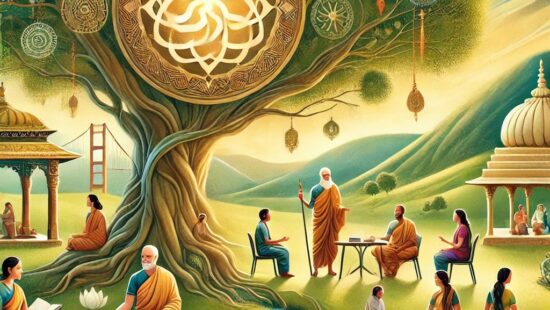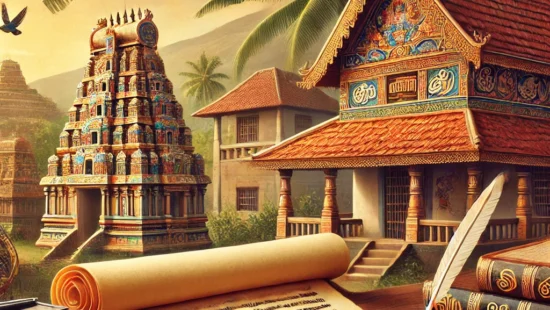
Technical wisdom from Tamil Sources
- 15 Hours
-
2 Credits
*(T&C Apply) Credits applicable only for Undergraduate and Postgraduate students enrolling for SIKSHA courses through academic institutions based in India.
- UG
- Arts and Humanities, Education
₹5,000.00(GST additional)
About The Course
The "Technical Wisdom from Tamil Sources" course is a unique interdisciplinary program that explores the rich technical heritage of Tamil civilization. Drawing from ancient Tamil texts and traditions, this course reveals the ingenuity and innovation of Tamil ancestors in various fields of science and technology.
Syllabus
- Unit I – Tamilian's Culture
- ● Historical role of women in the Tamil weaving industry
- ● Thirumantiram in Hindu arts like music, dance, sculpture, and yoga
- ● Cultural, symbolic, and practical roles of elephants in Tamil literature and society
- ● Bull leaping as a cultural and literary motif in ancient Tamil society
- ● The historical, archaeological, and literary legacy of Uraiyur as a Chola capital
- Unit II – Different Industries of Tamilians
- ● Traditional agricultural practices and innovations of the Sangam era
- ● Craftsmanship, materials, and design of beds and mattresses in ancient Tamil civilization
- ● Development and techniques of textile production in ancient Tamil society
- ● Architectural excellence and urban planning of the ancient Tamil civilization
- ● Tanning methods and the utility of leather in ancient Tamil life
- ● Evolution and cultural significance of pottery in early Tamil society
- ● Origins and advancements of iron technology in Tamil history
- ● Trade, usage, and craftsmanship of gold in ancient Tamilakam
- ● Maritime trade, shipbuilding, and port infrastructure of ancient Tamil Nadu
- ● Origin, production, and usage of glass and mirrors in ancient Tamil society
- Unit III – Treasures of Tamil Literature
- ● Ancient Indian timekeeping technologies and their cultural relevance
- ● Chemical properties and historical uses of camphor and borneol in ritual and daily life
- ● Evolution of fire-making techniques in ancient civilizations through literary and archaeological evidence
- ● Beauty and grooming practices of women in ancient Tamil culture as reflected in Sangam literature
- ● Traditional methods of fermentation and alcohol production in the Sangam period
- ● Scientific and literary interpretations of mirages in ancient and modern contexts
- ● Presence of technical knowledge in ancient Tamil literature, spanning construction, music, chariots, and cosmetics
- Unit IV – Governance in Pathinenkeezhkanakku Texts
- ● Ethical principles in Tamil classical literature, particularly from the Pathinenkilkanakku
- ● Philosophical and cultural relevance of Nāṉmaṇi Kaṭikai
- ● Promotion of personal virtues such as wisdom, righteousness, charity, and discipline in Nāṉmaṇi Kaṭikai
- ● Principles of governance and justice in Tamil ethical texts like Tirukkural and Nālaṭiyār
- ● Relevance of Tirukkural and Nālaṭiyār to modern leadership and administration
- ● Ethical warnings in Inna Nāṟpatu against undesirable behaviors and their consequences
- Unit V – Morals and Ethics in Tamil Literature
- ● Ethical ideals of Iniyavai Nāṟpatu that promote personal virtue, lifelong learning, and social harmony
- ● Emphasis on individual moral responsibility as the foundation for social cohesion
- ● Leadership principles from Sangam texts emphasizing justice, compassion, and ethical governance
- ● Application of ethical values from Sangam literature to modern leadership, governance, and societal development
More Information
- Learning Objectives
- • Understand the historical and cultural context of ancient Tamil civilization and its contributions to science and technology.
- • analyze and interpret traditional Tamil knowledge systems, including texts, artifacts, and oral traditions
- • identify and explore the practical applications of traditional Tamil knowledge in modern science and technology.
- Intended Outcomes
- completion of this course, students will:
- • appreciate the rich cultural heritage of Tamil civilization and its contributions to global knowledge systems
- • understand indigenous knowledge systems and their relevance to modern science and technology
- • develop enhanced critical thinking and problem-solving skills that can be applied to real-world challenges












